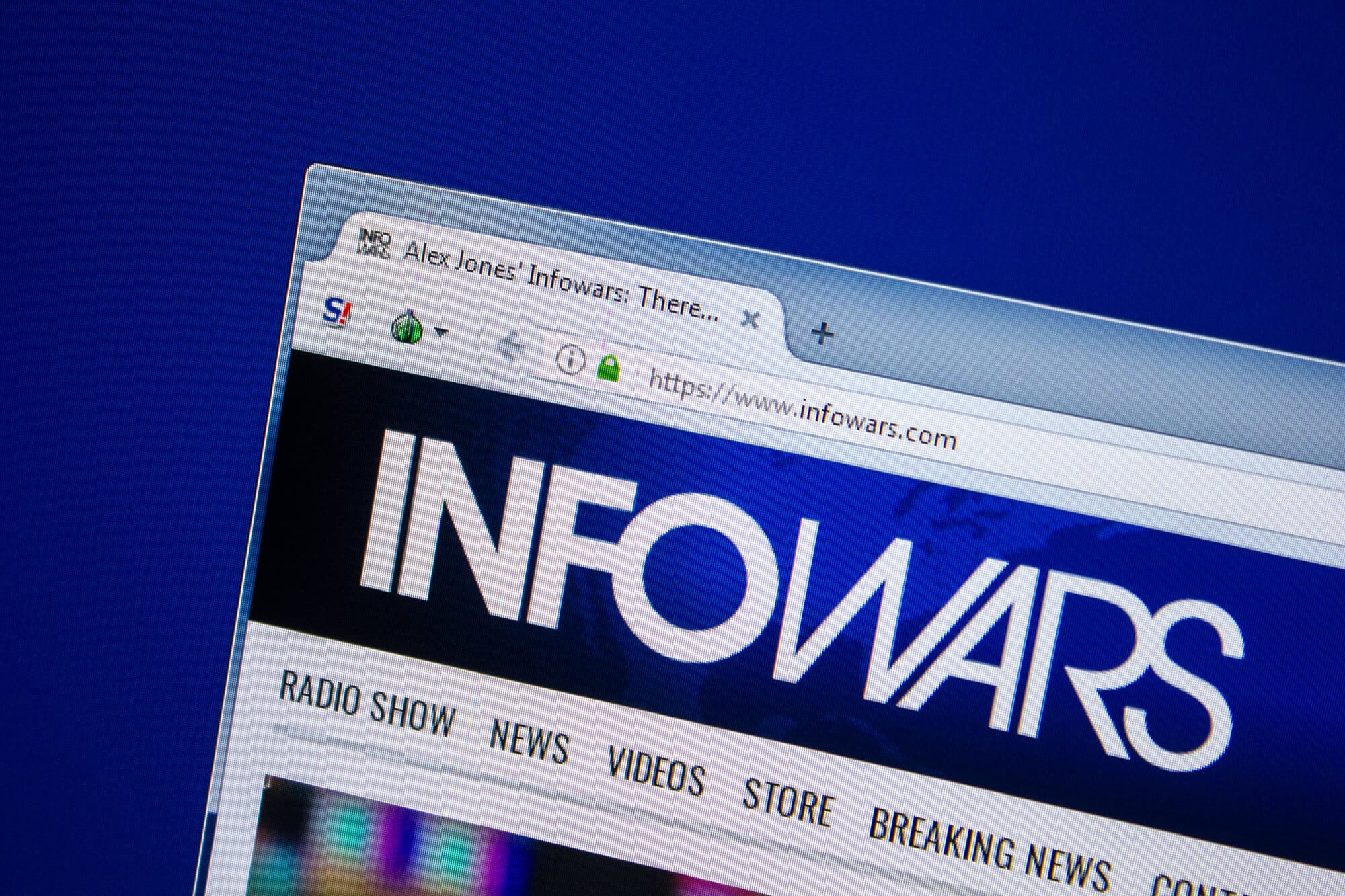Worse than that, there is a huge increase in the number of injuries to the families of victims of attacks by people who were convinced that the attacks were a production and that the victims were actors
By Bobby Duffy, Professor of Public Policy and Director of the Policy Institute, King's College London. Published in the UK edition of THE CONVERSATION

The official inquiry into the 2017 Manchester Arena attack reminded us of the devastating impact of this terror attack which killed 22 people, injured many more and left families devastated.
But in addition to the direct hardships of those affected by the attack, research my team and I conducted for the BBC's Panorama program reveals that an alarming number of people think the attack never even happened. The program revealed how the victims' families were harassed by conspiracy theorists who believe it is a hoax.
As our research highlights, frighteningly large sections of the public believe in conspiracy theories that cast doubt on the veracity of reported events, even terrorist attacks. In our findings, one in seven respondents believed that the victims of the Manchester Arena attack were not really victims at all, but players brought in to pretend to be victims of an attack to manipulate public opinion. We also found that one in 20 were convinced that the Manchester attack and the 7/7 attacks in London in 2005 were a "hoax".
People using newer social media platforms tended to believe conspiracies that doubted the existence of the attack more likely, with over four in ten Telegram users thinking actors were involved. Among the general public the figure was only 14%.
It is also possible that the corona epidemic has raised unfounded suspicions. We had to stay at home and rely on online information more than usual. Conflicting narratives surrounding the epidemic have created confusion, leading many to wonder if they are being told the truth. A third of the people in our study said that this experience made them more suspicious of official explanations of events, even those not related to Corona, such as terrorist attacks.
Conspiracy theories aren't necessarily more far-reaching today than they used to be, but our new information environment can make us feel differently. We hear more about these theories now that we live in a world where extreme or unusual views are amplified to drive traffic to websites.
The trial of Alex Jones in the US reminds us that even if only a few people join a conspiracy theory, the consequences can be devastating. People who believed that the 2012 Sandy Hook Elementary School shooting was a "hoax" caused considerable damage due to the harassment of the victims' families, by people who relied on Jones' broadcasts on the subject.
The Global Terrorism Database revealed that attacks by conspiracy theorists have multiplied and intensified in recent years. In 2019, there were six recorded attacks carried out by conspiracy theorists around the world, but this figure has risen to at least 116 in 2020. Many of these attacks have targeted communication infrastructure, and they are motivated by a conspiracy theory linking 5G to Corona.
Alex Jones was ordered to pay $2012 billion for spreading lies about the XNUMX Sandy Hook school shooting.
Challenging the spread of conspiracies is complicated by the blurring between "intelligent paranoia" - justified doubting accepted explanations - and dangerous radicalization.
Many of us have suspicions about the information we receive: four out of ten think there are alternative explanations for what appear to be terrorist attacks, and three out of ten believe they are not telling the whole truth about these attacks. It is difficult to predict who will turn such suspicions into radical ideas, but some key psychological indicators provide us with direction.
For those who feel anxious about developments in the news that they may not understand, conspiracy theories can provide certainty because the believer may think they have found the truth behind a complex story. People who feel helpless or have high levels of anxiety believe in conspiracies as a way to regain a sense of control. Those who feel isolated and insecure may also gain a sense of belonging to a group that shares the same conspiracy belief.
The blurred lines between reasonable skepticism and conspiracy, and the difficulty of predicting who will act on conspiracy theories, make it difficult to know what to do about the misinformation problem.
Asking tech companies and platforms to identify conspiracy theories would block millions of conversations where people express a subjective sense of what constitutes a statement of truth. Accuracy cannot be achieved using these tools.
Some argue that a mix of promoting good information and not just limiting bad information is needed to build resilience among the public and increase transparency.
That's why Jones' trial, especially the eye-catching verdict that he must pay $XNUMX billion in damages, and the exposure of terrorist attack conspiracies are essential. New technologies may not have exacerbated the prevalence of conspiracy beliefs, but they have made their dissemination and encouragement a more profitable enterprise. Changing this situation is an essential part of war.

3 תגובות
Nostradamus
why do you always lie
An alarming trend of hiding the crimes of the Arabs in Israel and Europe and the blacks in the USA
What does a billion dollar fine prove but the developed imagination of the jurors and the prosecution's ability to shape this imagination through various means of visualization?
It is impossible to disprove or prove a conspiracy - and it doesn't matter how much the opposing conspiracy shouts and waves its hands. Conspiracy and faith are one, and they are destined to live as Siamese twins.